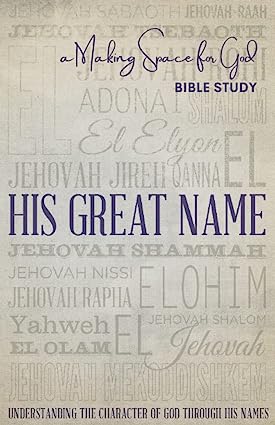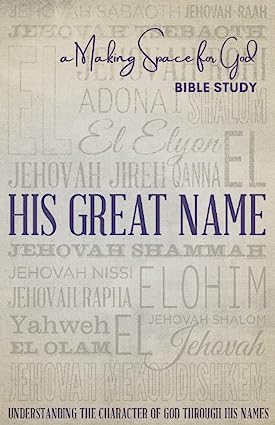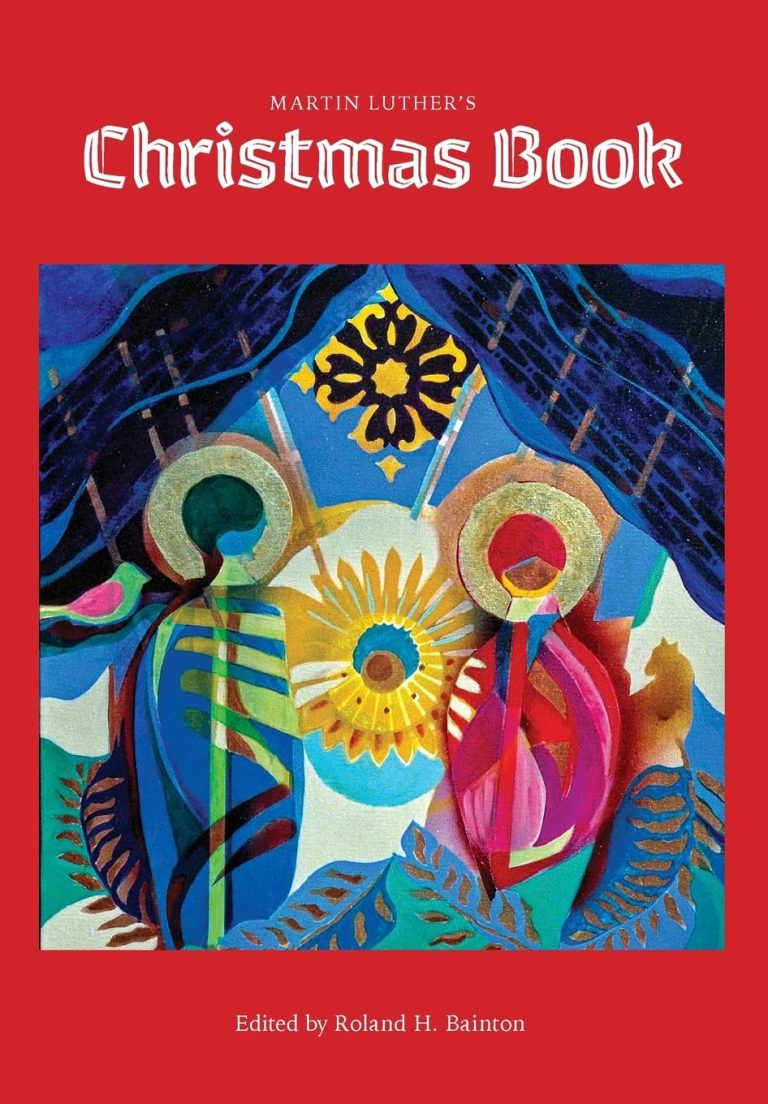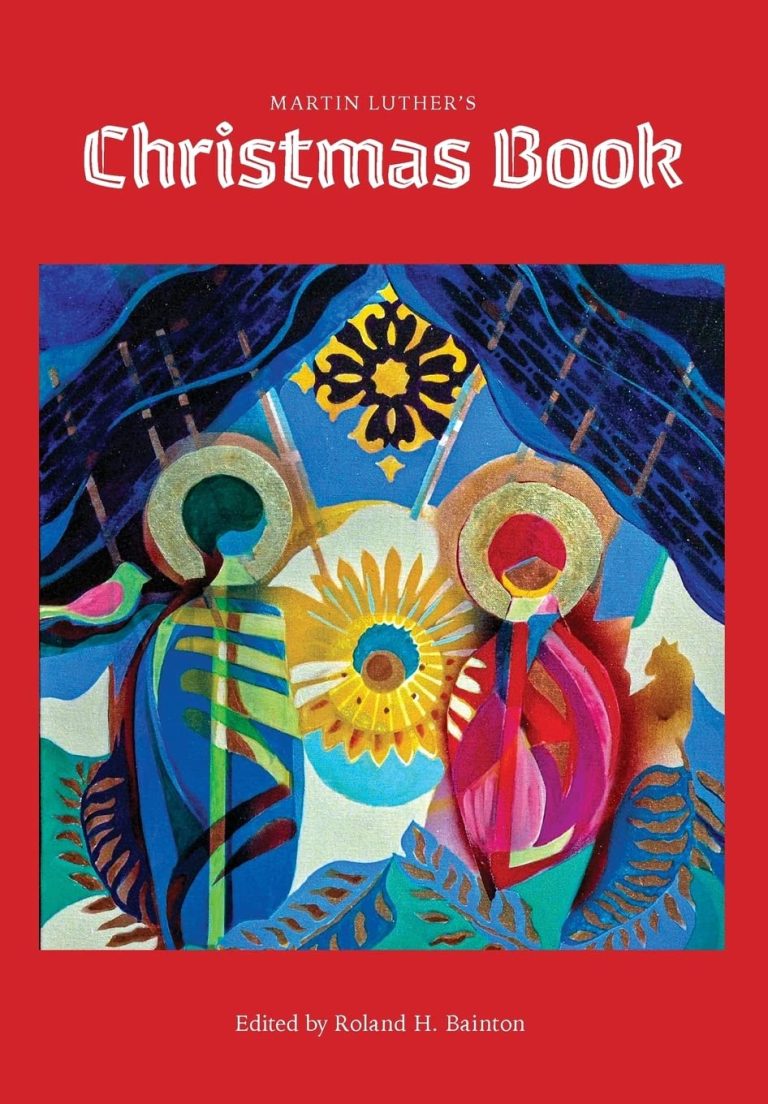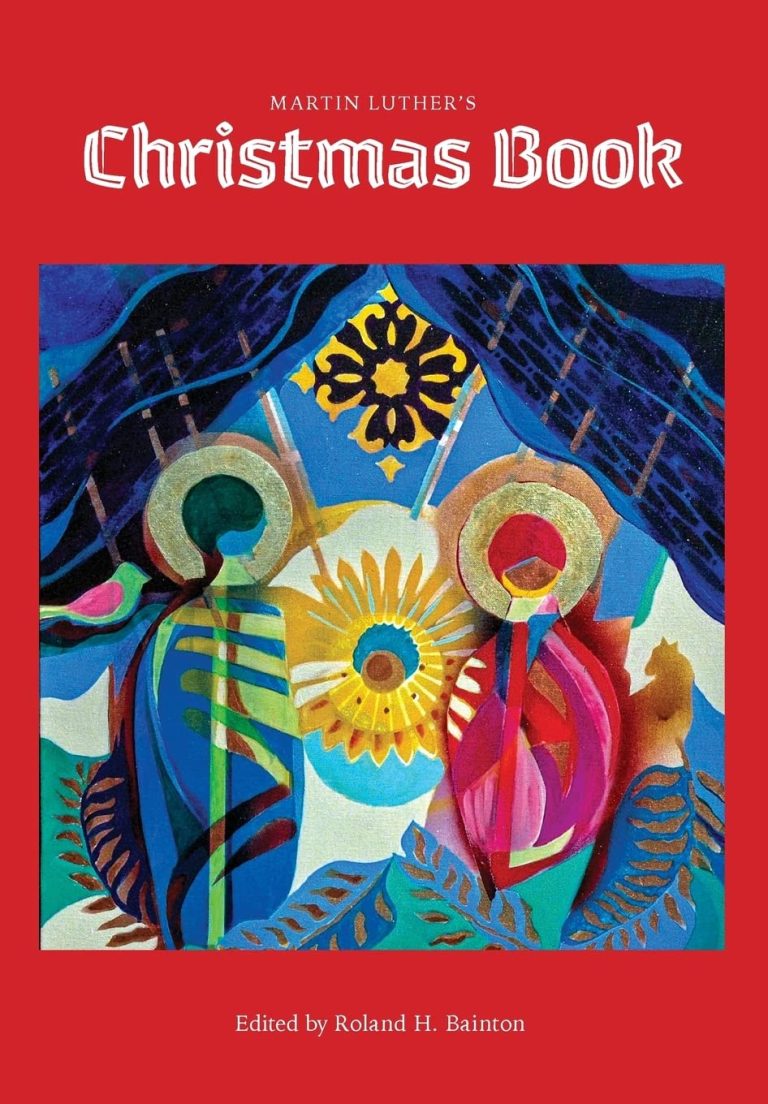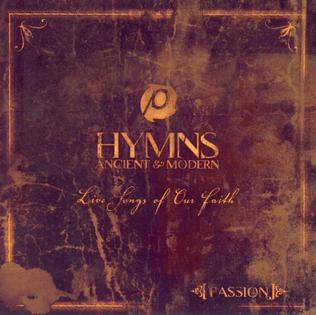
Ancient Anglican
A Modern Perspective on Early Christian Thought.
New on the Blog
Names of God: Elohim (Our Creator)
The first name of God that we encounter in Scripture is “Elohim” – “In the Beginning, Elohim created . . .” Genesis 1:1a.
Names of God: Hallowed be Thy Name
On a deeper level, however, the name itself contains a part of the substance of the person it signifies. The invocation of the name can make present the person who is called.
Luther’s Christmas Sermons: Herod, Wise Men, and the Presentation, pt.2
In the Presentation, Simeon, an ordinary man, takes Jesus in his arms and praises God for the coming Messiah. The priests, however, who performed the purification ritual under the Law (Lev. 12) failed to recognize who was in their presence. They simply took their fee and moved on. A common man recognized the Messiah, while the religious leaders were blind to him. For us, the question is when do we do the same?
Luther’s Christmas Sermons: Herod, Wise Men, and the Presentation, pt.1
If we Christians would join the Wise Men, we must close our eyes to all that glitters before the world and look rather on the despised and foolish things, help the poor, comfort the despised, and aid the neighbor in need.” We should not build churches of wood and stone, but build up the spiritual temples of going to the least of these.
Luther’s Christmas Sermons: Nativity and Shepherds, pt.2
For Luther, the actions of the Shepherds provide an example of our life as well – be moved by the word of God, tell others, but continue in your daily life and work which is your vocation.
Luther’s Christmas Sermons: Nativity and Shepherds, pt.1
This sermon brings out a reoccurring theme in Luther’s Christmas sermons that just as contemporaries failed to identify the Baby Jesus for who he was because of his low socio-economic standing, so too do we often fail to see the image of God in those of a lesser social standing as well.
Luther’s Christmas Sermons: The Annunciation and Visitation, pt.2
The true miracle of the Nativity is not that a virgin bears a child (for that is a mere trifle), nor that God became man (which is somewhat miraculous), but that Mary believes the angel. The faith of Mary is the real miracle in the story.
Luther’s Christmas Sermons: The Annunciation and Visitation, pt.1
Allow yourself to become part of the story. As Luther tells us in his conclusion on the Annunciation, “for us the hardest point [is] not so much to believe that He is the son of the Virgin and God himself, as to believe that this Son of God is ours. . . . [for] this Child belongs to all mankind.”
Hymns – Hymns of the Resurrection
The hymn “Jesus Christ is Risen Today” (1982 Hymnal 207) was composed in Latin in Bohemia in the 14th c. As we sing this hymn tonight pay special attention to the verb tenses. The hymn uses the past tense to speak of the Cross and Salvation but the present tense to speak of the Resurrection.
Hymns – Hymns of the Resurrection
The first hymn we are singing this week is “All Glory Laud and Honor” which is the traditional processional hymn sung for Palm Sunday. The hymn was written by Theodulf, Bishop of Orléans, in about 820, while he was imprisoned. The hymn was used by the medieval church to reenact Jesus’ triumphant entry into Jerusalem.
Hymns – Ancient and Modern, pt.2
Another ancient to modern hymn is “Holy, Holy, Holy, Lord God Almighty” by Reginald Heber in the early 18th c. It has become one of the mainstays of Contemporary Christian Music from Hillsong to the Getty’s.
Hymns – Ancient and Modern, pt.1
This week we are singing hymns ancient-and-modern. These are hymns that were written generations or centuries ago, but which have seen a resurgence in Contemporary Christian Music. The first hymn we are singing is “Be Thou My Vision” which was written in the 6th c. but not translated into English and available for popular singing until the 20th c.

